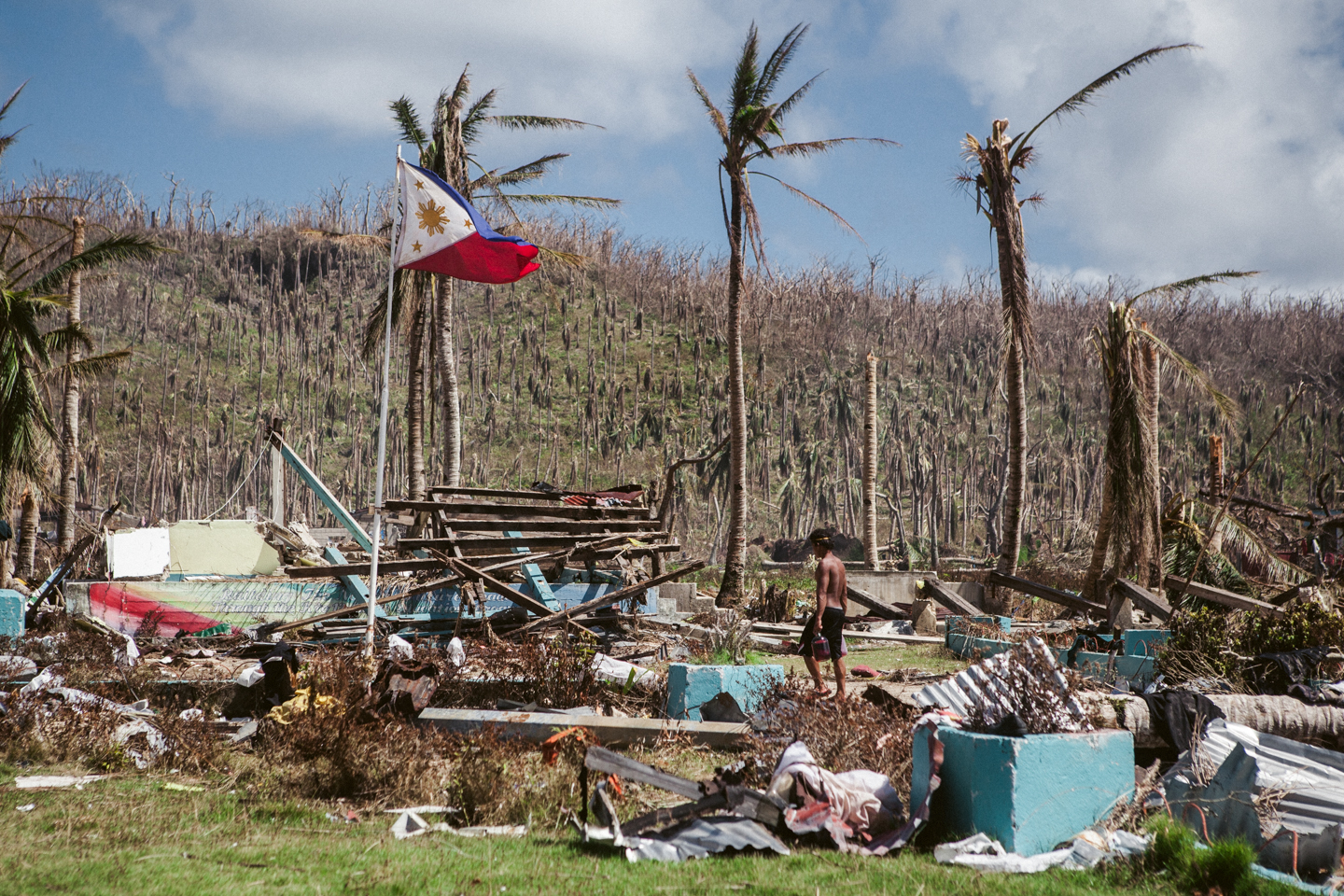
By JAKE SORIANO
ANOTHER international body has quizzed the Philippine government on its post-typhoon “Yolanda” recovery efforts.
The International Labour Organization (ILO), capping its work in areas hit by the deadly November 2013 supertyphoon, expressed concern on whether it can count on the country to sustain the programs on decent work and livelihood it would be leaving behind.
“We heard from some mayors that as soon as the international community pulls out, (employers are) going to go back to the habit of not paying minimum wage,” said Lawrence Jeff Johnson, ILO Country Office Director for the Philippines. “We’re gravely concerned about this.”
“What can be done to stop this practice?” Johnson asked government officials who were part of a panel discussion Thursday on the culminating event of ILO’s emergency employment and livelihood recovery program for “Haiyan” (international name of Yolanda).
A week earlier, a United Nations envoy scored the waning long-term efforts of the Philippines for Yolanda survivors, particularly those who were displaced and left homeless.
“While the government is to be commended in terms of its immediate responses, its attention to ensuring sustainable durable solutions for IDPs (internally displaced persons) remains inadequate to-date,” Chaloka Beyani, UN Special Rapporteur on the human rights of IDPs, said in a statement.
In response to Johnson’s question, Labor Undersecretary Ciriaco Lagunzad said the Philippines does not tolerate wages below the legal minimum.
“We cannot, we should not, tolerate subminimum wages,” he said. “There will be instances where government has to intervene.”
Lagunzad also said the issue of just wages should be seen in the context of a “total development perspective.”
“If the (Yolanda-affected) area is developing and growing fast, and the skills of workers are improving, you will see that wages would actually grow,” he said.
He said local governments can themselves invite investors and build the skills of local workers.
“That is the solution to higher income, rather than just threatening (businesses) that if you don’t pay, we will close (you) down,” he said.
“(But) we can do that too,” he added.
Mariano Martinez, mayor of San Remigio, a town in Cebu hit by Yolanda, vowed to do his best to ensure that jobs are decent and that livelihoods last.
“The example has already been set,” he said. “If you’re an employer and you try give less (than the minimum wage), people complain.”
Citing an ILO post-Yolanda initiative subsidizing social security contributions, Judy Frances See, senior vice president of the Social Security System (SSS), called on the national government to step in when disaster strikes.
“Government has to make appropriations (in) times of disasters. Social protection or social security contributions must be maintained,” she said. “It is essential that the link between social protection and disaster management be strengthened.”
Susan Yap Ang, mayor of San Isidro, Leyte, urged the government’s labor, social welfare and agriculture departments to continue closely collaborating with nongovernment groups.
A fourth-class town, San Isidro had zero casualties during Yolanda, but almost all of its farms were devastated.
Ang said through the help of various nonprofits, including ILO, San Isidro farmers now have social protection through PhilHealth coverage.
The ILO has provided assistance to more than 30,000 individuals, said Jonathan Price, chief technical adviser for the Yolanda emergency employment and livelihood recovery program.
Speakers from Japan talked about recovery and response during the massive 2011 earthquake and tsunami that hit the country.
Yoko Tanaka, managing director of the workers cooperative union in Tohoku, the region hit hardest by the earthquake, said that even with the availability of work after disasters, many may still be too emotionally shaken to start working again.
Megumi Hikichi, an entrepreneur, said it is important for workers to have a time to mourn and heal. This should be included in livelihood programs after disasters, she said.
